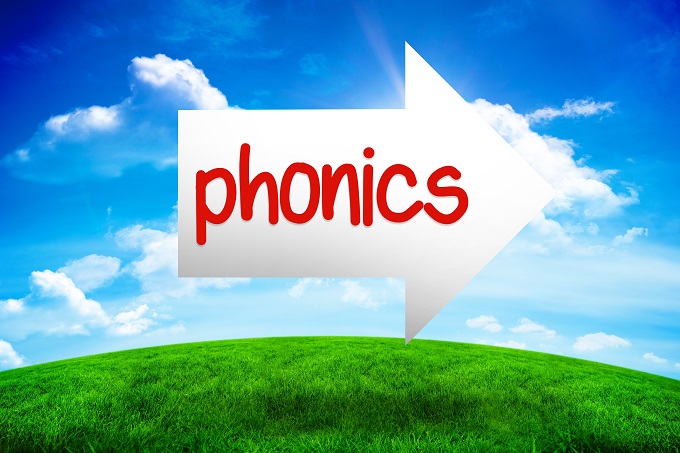
School News recently published a story about how Order of Australia holding trailblazer, Ms Dorothy Hoddinott, with the support and enthusiasm of dedicated fellow staff, has devoted herself to transforming Sydney school, Holroyd High into one of the most supportive and inclusive multicultural environments imaginable for young refugees.
Funding for necessary education, language and support programs is limited and not reliably available. The needs of the new residents however, are unwaveringly present and often costly. Ms Dorothy Hoddinott ‘s astounding dedication has been underpinned by a desire to facilitate “successful education of all the children”.

In a move that will be welcomed by many, Allianz Australia and not-for-profit humanitarian organisation Settlement Services International (SSI) have announced that they are offering the scholarships to help refugees settle in the community.
Young refugees needing help with their school education and adults seeking local recognition for their qualifications will be among those eligible for new scholarships worth more than $90,000.
Forty-six scholarships, ranging from $500 to $5,000, will be offered in five categories, including primary and secondary school, vocational training, tertiary qualification and skills recognition.







